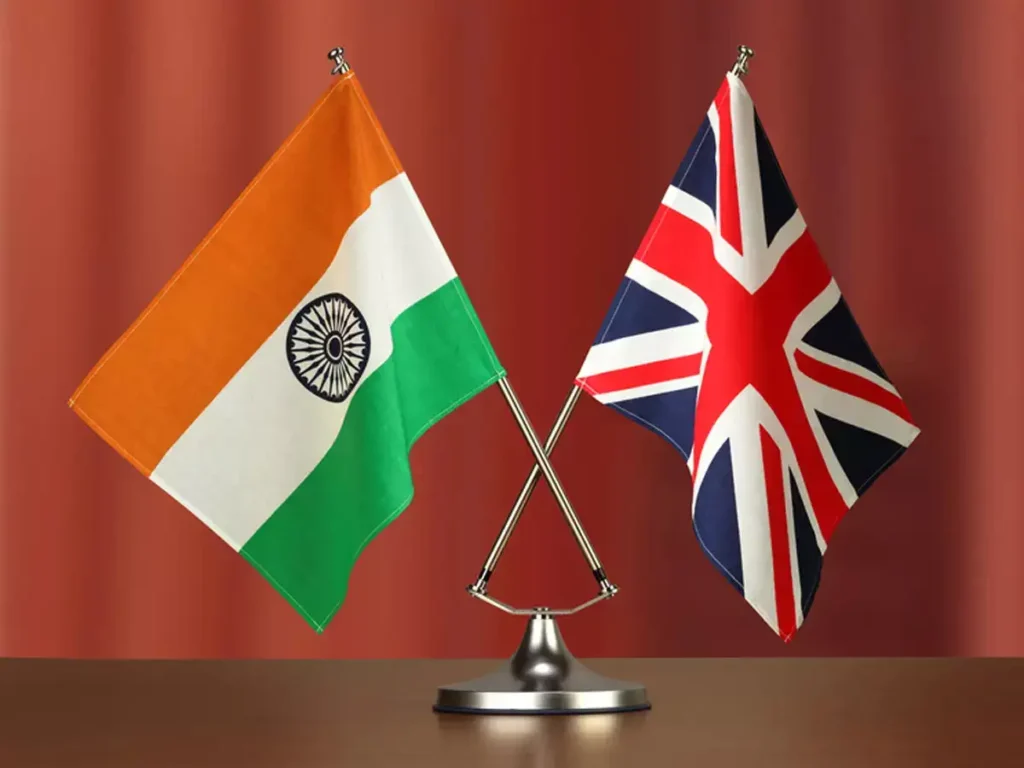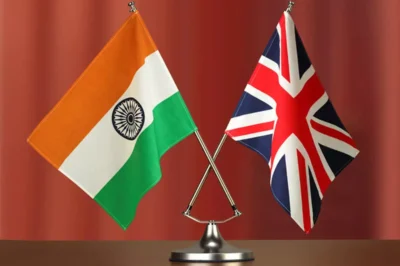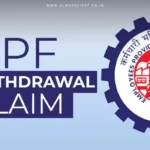
Introduction: A Green Trade Standoff
The ongoing negotiations between India and the United Kingdom for a free trade agreement (FTA) have encountered a significant hurdle: the UK’s proposed Carbon Border Adjustment Mechanism (CBAM). Scheduled to be implemented by 2027, this carbon tax aims to impose levies on imports of high-carbon goods such as steel, glass, and fertilizer. India, a major exporter of these products, has expressed concerns that the CBAM could act as a new tariff barrier, potentially impacting its competitiveness in the UK market.
India’s Request for Exemption
In response to the proposed CBAM, India has requested an exemption for its exports under the forthcoming FTA. Indian officials argue that as a developing nation, India should not be subjected to the same carbon pricing mechanisms as developed countries. They have proposed that the UK commit to bilateral consultations with India if a CBAM-like measure is introduced, ensuring that any such policy does not adversely affect India’s exports. However, UK officials have expressed reservations, stating that granting such an exemption could undermine the objectives of the CBAM, which include reducing emissions and levelling the playing field for British industries.
Potential Economic Impact on Indian Industries
The imposition of a carbon tax on Indian exports could have significant economic implications. For instance, Indian steelmakers, who are among the largest exporters to the UK, could face increased production costs, potentially reducing their profit margins. The Global Trade Research Initiative (GTRI) has estimated that the CBAM could lead to a 20-35% tariff equivalent on Indian products, impacting sectors like steel, textiles, and cement. While larger conglomerates may have the resources to adapt, smaller enterprises could struggle without sufficient carbon emission monitoring and preparation.
India’s Strategic Approach
India’s approach to the CBAM reflects a strategic consideration of its long-term economic interests. By seeking to address the issue within the FTA, India aims to “future-proof” the agreement, ensuring that any future carbon-related measures are subject to bilateral discussions. This proactive stance allows India to safeguard its industries from potential trade barriers and maintain a competitive edge in the global market.
Broader Implications for Global Trade
The India-UK trade negotiations highlight a broader challenge in international trade: balancing environmental sustainability with economic growth. While the CBAM is designed to encourage countries to adopt greener practices, it also raises questions about fairness and equity, particularly for developing nations. The outcome of these negotiations could set a precedent for how such environmental policies are integrated into future trade agreements, influencing global trade dynamics and environmental strategies.
Conclusion: Navigating the Green Trade Dilemma
As the India-UK trade talks continue, the proposed carbon tax remains a contentious issue. Both nations recognize the importance of reaching a mutually beneficial agreement, but the challenge lies in aligning environmental objectives with economic realities. The resolution of this dispute will not only shape the future of India-UK trade relations but also provide insights into how countries can navigate the complex intersection of trade and environmental policies in an increasingly interconnected world.









































Leave a Reply